I’m going to come clean… I’m an imposter.
But so are you
We’re all imposters.
And sometimes we feel like it far more than we wish we did.
It’s far too easy to look at people and think “wow, they’re really smashing life”, especially in today’s world of social media and glamorised lifestyles.
People will only show you the top 5% of their day/week/month/year because the rest is downright boring, stressful, depressing, worrying, scary, etc.
And the media will show you the top 5% or the worst 5% because the stuff in the middle isn’t that exciting.
Therefore it’s easy for us all to feel like we’re lacking because everything is designed to make us feel that way. In fact, some of the worlds biggest companies immorally use that tactic to actually sell stuff to us.
But here’s the truth…
No matter who you’re thinking of, everyone (bar none) is making it all up as they go along.
We all may be sure of our skills in one way or another but in business there are always variables that we can’t control – customers being a major one – and so risks need to be taken.
‘Blind confidence’ is something I think I’ve referred to in a previous email discussing imposter syndrome but it’s something I’m thinking more about lately and is vital when building a startup or any business.
You need to be blindly confident – i.e. Proceed without self awareness of imposter syndrome, or at least put on the veil over it in order to inspire your team, partners, investors and customers that you “know exactly what you’re doing”.
While, in reality, we’re still winging it.
I wanted to briefly write about for this weeks newsletter because it’s something I’ve been dealing with a lot lately: Imposter syndrome.
As you know, it’s important to me that we speak up about mental health, stresses and successes in order to paint a realistic view of entrepreneurship vs the glamorous versions others paint. I’m happy to share the middle 90% the media don’t because that’s real.
Right now, we’re working on got some frankly huge plans afoot here at Yena – plans, that if successful, would essentially make the past 5 years of building this community look simply like the founding cornerstones of a rather grand building yet to be built – and that’s super scary.
As a result, I’ve been reverting back to my ways of being the ‘second type’ of founder that I describe when talking about the evolution of a leader in workshops & talks I give:
At one end there’s the ‘Child’ type who needs their hands held because they’re still learning and at the other there’s the ‘Adult’ type who is independent and going about their way taking things seemingly in their stride, unapologetic for their ventures and taking no prisoners in getting what they want, but in the middle is this stage that can be likened to a teen which I call ‘Seeking Permission’.
This stage sees someone (me, of late) who knows exactly what they want to see in the world and the gut feel tells them to go for it, but seeks permission from those seemingly more experienced, advanced, better than they are, in order to feel like they are allowed to do it, trying and failing along the way.
The reality is, that those advisors are winging it just as much as you.
Yes, maybe they’ve been doing it for longer. Yes, that means they’ll have picked up experience along the way that qualifies them. But they’re still flesh, blood and a brain – a being with the confidence to say “I know what I’m talking about” and then sell that confidence for £s.
So for me, it’s a lesson in confidence, and it’s time for me as a leader to grow up into the ‘adult’ phase. Mentors will always remain vital to growth, however growth will be faster with a confident (blind confidence or otherwise) leader at the helm.
So that’s where I’m headed.
“Confident leadership.”
Sounds good doesn’t it?
I’d like to invite you to join me.
Let’s stop seeking permission.
We’re all imposters.
Let’s get over than and go be adults, shall we?

